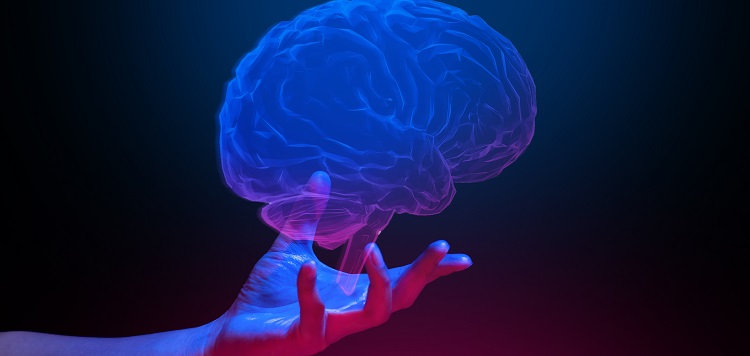As the world around us continues to rapidly evolve, so too do the technologies that support it. Artificial Intelligence (AI) is one such technology that has been rapidly gaining traction in recent years, and it is defined as a computer system’s capacity to learn and make decisions based on its own programming and data. This technology has enabled a wide range of applications, from powering commercial videos and soundtracks to aiding medical researchers in discovering patterns in genomic data. As such, it is essential that AI be used responsibly and ethically, in order to maximize its potential to revolutionize the way we interact with technology.
One of the most notable uses of AI is in media production. By utilizing AI algorithms, companies can generate music that is tailored to the needs of their audience and the context of their media. This technology has already been used in several commercials, video soundtracks, and other online media. For example, the song “Levels” by Avicii was created using AI technology. By using AI to generate music, companies can create unique soundtracks that are tailored to the desired effect. Additionally, AI can be used to generate visuals and images that are tailored to the needs of their audience as well. For example, many video game companies use AI to generate characters and environments for their games, as it allows for more customization and personalization than traditional methods.
As businesses continue to adopt AI technologies, it is essential for them to emphasize responsible usage and ethical behavior. AI has the potential to be used in ways that could be detrimental to society if not used responsibly. For example, AI could be used to manipulate public opinion or target vulnerable populations with malicious intent. To prevent this from happening, companies must ensure that they are adhering to ethical standards and are using AI in a responsible manner. Additionally, companies must ensure that they are taking measures to protect sensitive data and preventing any potential misuse of AI technologies.
AI can also be used in medical research for the purpose of analyzing genomic data. By utilizing AI algorithms, researchers can analyze large amounts of genomic data and identify patterns that may not have been visible before. This allows researchers to gain a better understanding of illnesses and develop potential treatments that can be used to help those who are suffering from them. Additionally, AI can be used for diagnostic purposes as well. For example, AI algorithms can be used to analyze medical images such as X-rays or CT scans and identify potential abnormalities that may not have been visible before. This enables doctors to make more informed decisions about treatments and provides them with valuable insights into their patients’ health.
Businesses can also benefit from the use of AI technologies. By utilizing digital assistants and chatbots powered by natural language processing (NLP) capabilities, companies can interact with clients more effectively and personalize conversations based on customer intent. This enables businesses to provide their customers with a better experience while also saving time and resources. Additionally, businesses can use AI for predictive analytics as well; this allows them to anticipate customer needs before they arise and take proactive measures to address them before they become an issue.
AI can also be utilized in the medical field for the purpose of providing physicians with valuable information that can be used to construct individualized treatment plans for their patients. By using AI algorithms, physicians can more accurately predict how a patient may respond to a certain treatment plan and make adjustments accordingly. This allows for more personalized care for each patient and provides doctors with a better understanding of how to approach individual cases. Additionally, AI can be used for medical imaging as well; this allows doctors to detect tumors or other abnormalities in medical scans more quickly and accurately than ever before.
In conclusion, AI technology has become increasingly commonplace in recent years due to its wide range of applications. From powering commercial videos and soundtracks to aiding medical researchers in analyzing genomic data, it is clear that AI is an important tool that should be utilized responsibly and ethically. As more companies continue to adopt AI technologies, businesses will be able to provide their customers with a better experience while also saving time and resources. Additionally, physicians will have access to valuable information that can be used to construct individualized treatment plans for their patients, enabling them to provide more personalized care for each patient. All in all, the integration of AI into our lives has the potential to revolutionize the way we interact with technology and should be embraced with responsible usage and ethical behavior in mind.

